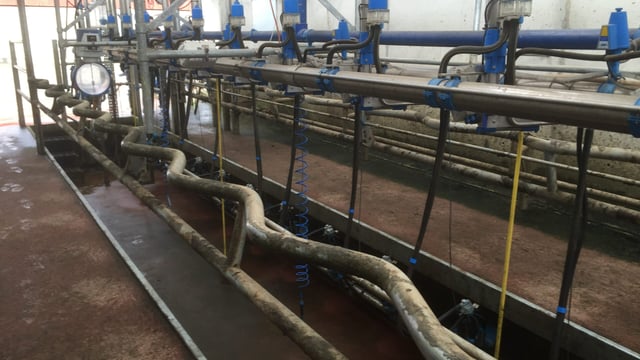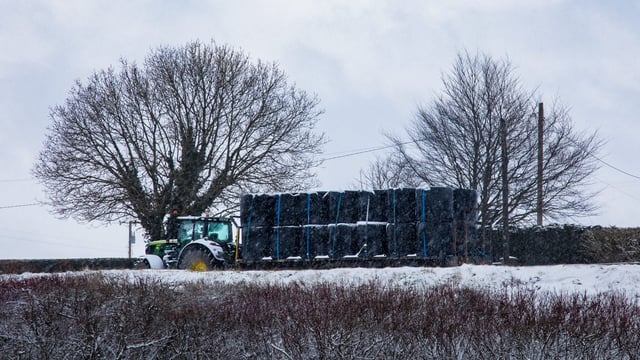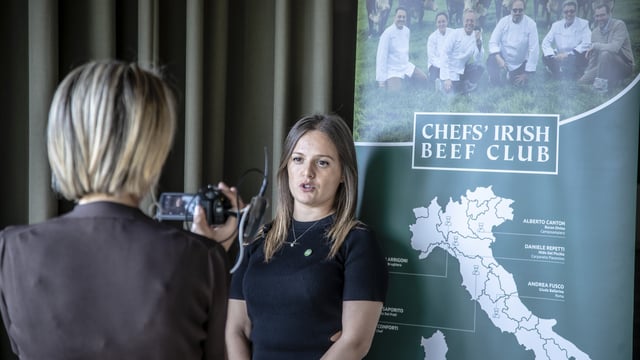New Year - new trade rules for agri-business
By Ciara Dillon – head of food/drink and agri-business, tax director, BDO Ireland
A new era has dawned; Great Britain (GB) has left the EU Single Market and Customs Union. As a result GB no longer benefits from the free movement of goods within the EU.
While the deal struck on Christmas Eve provides for tariff and quota-free trade for goods originating in the UK or EU, non-trade barriers still exist for agri-business in both Ireland and GB.
As part of the overall agreement, trade between the Republic Of Ireland (ROI) and Northern Ireland (NI) remains unchanged. However, new rules have been introduced for imports from GB to NI which mirror the rules for import into ROI from GB.
Short-term implications for agri-business
In order to qualify under the rules of origin goods must either be wholly produced in the UK or EU or be “substantially transformed” in line with the specific origin rules applicable to the product being exported.
Further immediate implications include:
Long-term implications
A trade deal is extremely welcome despite the prolonged effort it has taken to get to this point. However, for many Irish and UK businesses, they have had to assess their supply chains and continue to consider how they structure interactions and delivery terms with both suppliers and customers.
In many cases, we have seen Irish companies having to establish UK companies to deal with import requirements and to ensure their product reaches the UK marketplace and vice/versa for GB companies needing to establish a presence in Ireland.
The close interaction with our nearest and largest trading partner remains and Irish agri-business will need to continue to adapt and enhance this relationship as we head into a new trading era.




